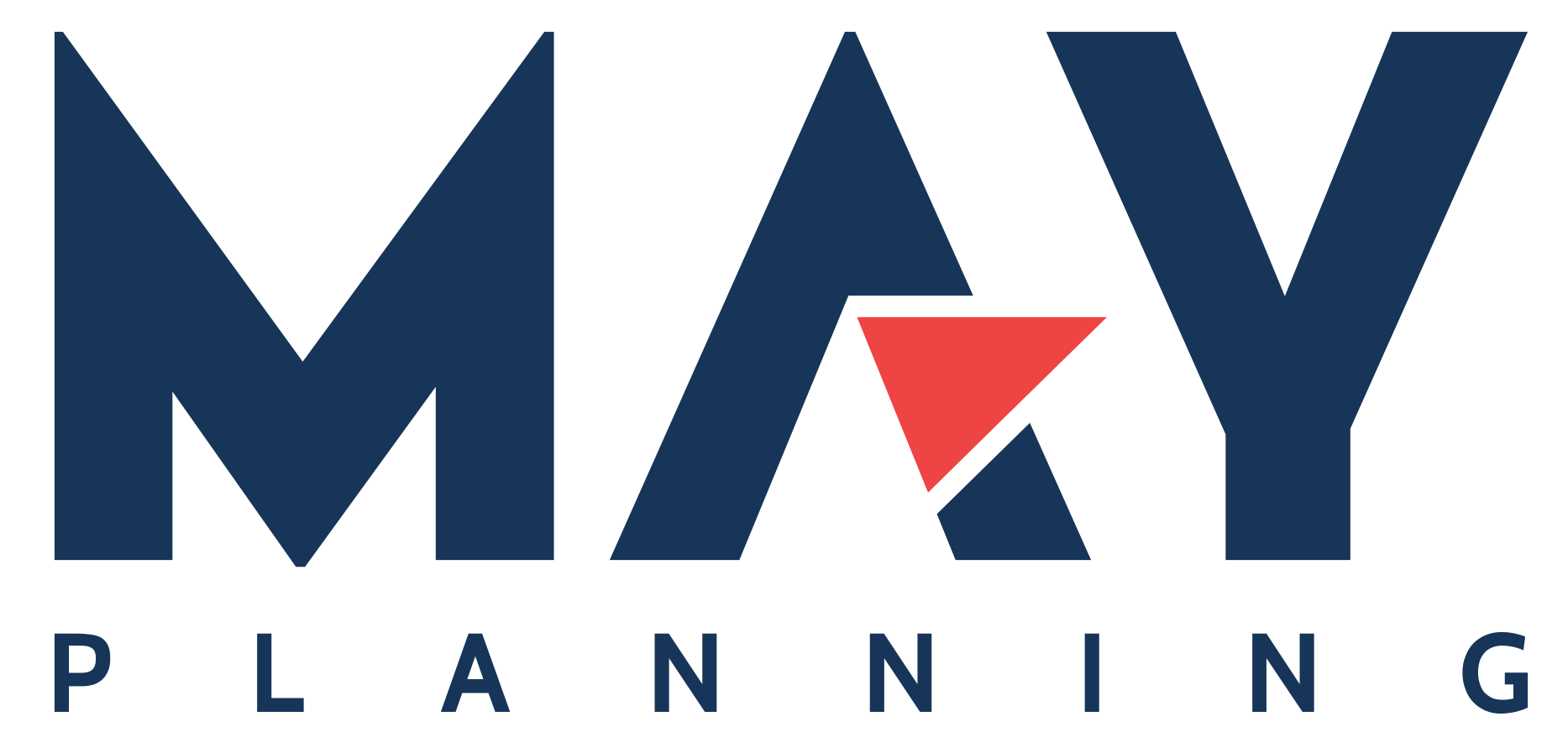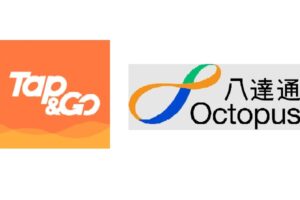Stricter Education Verification: The New Employment Pass (EP) Application Process in Singapore
The Employment Pass (EP) in Singapore is a gateway for foreign talent to work as professionals, managers, or executives in the country. In this article, we provide the latest information on EP applications, covering everything from eligibility criteria to the new COMPASS points system introduced in September 2023. Understand the process for obtaining an EP and why education verification is becoming more stringent, along with its implications.
Overview of Singapore’s Employment Pass (EP)
The Employment Pass (EP) in Singapore is a work visa for foreign professionals, managers, and executives who have secured job offers in Singapore and meet specific qualification criteria. To apply, applicants must submit necessary documents, including a valid passport, graduation certificate in English, and educational qualifications. Once approved, the applicant can stay for up to two years on the initial visa, with a maximum renewal period of three years. Salary requirements vary by industry, with a minimum of SGD 5,500 for the financial sector and SGD 5,000 for other industries. These baseline amounts depend on factors such as the applicant’s work experience, age, and education. For example, experienced applicants in their mid-40s might need to meet a minimum salary of SGD 10,500.
Other requirements and details also vary depending on the applicant’s salary:
| 4,500~5,999 SGD | SGD 6,000 to 19,999 ※As of September 2023, changed to SGD 6,000 to 22,499. | SGD 20,000 or more ※As of September 2023, changed to SGD 22,500 or more. | |
| Job advertisements on MyCareersFuture | Required for companies with 10 or more employees ※Recommended for companies with 10 or fewer employees from the perspective of fair employment. | Required for companies with 10 or more employees ※Recommended for companies with 10 or fewer employees from the perspective of fair employment. | Not required |
| Dependant’s Pass applications | ✕ | ✓ | ✓ |
| Eligible Family Members for Dependant’s Pass | Not applicable | Spouse, unmarried children under 21 years old | Spouse, unmarried children under 21 years old |
| Employment of Dependant’s Pass Holders | Not applicable | Possible with the acquisition of a work pass such as EP, S Pass, or Work Permit | Possible with the acquisition of a work pass such as EP, S Pass, or Work Permit |
New EP Application Process (Effective from September 1, 2023)
A new points system called COMPASS was introduced in September 2023 for EP applications in Singapore. COMPASS evaluates eligibility based on individual attributes like salary level and skills, as well as corporate attributes such as diversity of nationality and support for local talent.
Here is a summary of the latest EP application process:
- Job Advertisement on MyCareerFuture
Employers planning to submit an EP application must first post a job advertisement on the Singapore government’s job portal MyCareerFuture as proof of fair employment consideration for Singaporeans. - Verify Salary Requirements via the Self Assessment Tool (SAT)
Before proceeding with the application process, check the minimum salary requirements for the EP based on the applicant’s job title, age, qualifications, and work experience. - COMPASS
COMPASS applies to new applications from September 1, 2023, and to renewals from September 1, 2024. Applicants need to score at least 40 points to meet the COMPASS criteria. - Education Verification
To verify educational qualifications, applicants must attach a certificate issued by a third-party verification agency selected by Singapore’s Ministry of Manpower (MoM). The average processing time is approximately 2–3 months if no issues arise. - Submit the EP Application
The company’s local Singapore office acts as the sponsor to submit the applicant’s EP application. - Receive In-Principle Approval (IPA)
If the application is approved, an In-Principle Approval (IPA) letter is issued. - Issuance of EP Card
After completing the necessary steps such as photo-taking and fingerprint registration as instructed by MoM, the EP card is issued.
Note: Even current EP holders who transfer to another Singaporean company will need to undergo a new application process, which includes COMPASS and third-party verification as described above.
Changes in Education Verification
In July 2021, MoM revealed that an average of 660 foreign workers per year were permanently barred from working in Singapore due to qualifications fraud. In response to these incidents, MoM has adopted a stricter approach to ensure the integrity of work pass applications.
As part of these changes, applicants who have graduated from university are required to use designated background check companies for verification. Additionally, under the COMPASS points system, applicants with qualifications above a secondary education certificate receive a minimum of 10 points, emphasizing the importance of legitimate educational credentials. If points are required under the C2 category (Foreign Applicant Qualification), applicants must have their educational documents sent directly from their university to a company designated by MoM for certification.
While this process is not mandatory if points under the C2 category are not needed, it is recommended as it can reduce uncertainty in the application and shorten processing time. According to current MoM guidelines, once obtained, the certification has no expiration date, making it reusable for future EP renewals or new applications.
However, due to increasingly stringent global data protection laws, some universities may not comply with third-party academic verification requests. Even universities that do participate in third-party verification may require additional steps such as signing authorization forms, applying through specialized portals, or explaining the reason for direct submission to third-party addresses. The response speed from universities to third-party verification requests varies depending on the university, processing time, and staff responsiveness, making it challenging to predict the timeline. Therefore, it is often smoother for applicants themselves to request that their universities send the original educational documents directly to the third-party verification agency.
While these measures may lengthen the overall processing time for EP applications, they are crucial steps in safeguarding the credibility of educational qualifications, ultimately promoting fairness and trust in Singapore’s labor market.
Summary
In an era of tightening regulations, understanding Singapore’s EP is crucial for companies expanding into Singapore and foreign talent alike. The introduction of COMPASS and stricter education verification requirements may add complexity to the process, but they demonstrate Singapore’s commitment to fair employment practices. These measures ultimately help maintain the integrity of the labor market, ensuring that Singapore remains a global hub for talent and innovation.
Feel free to contact us
MAY Planning provides support related to EP applications in Singapore. We also keep you updated on the latest EP regulations and offer advice on how to meet the COMPASS criteria and post job advertisements on MyCareerFuture.


